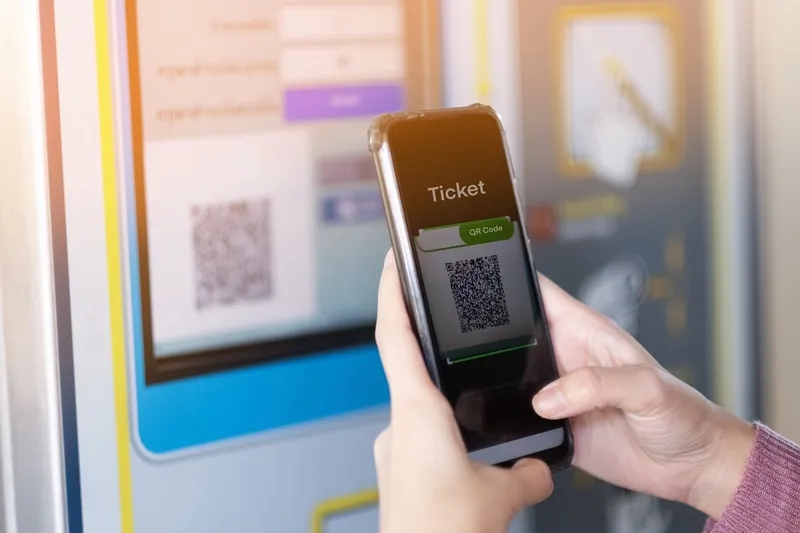
GMV has rolled out a multimodal fare system for public transport in the Balearic Isles, a Spanish archipelago which is a magnet for music-lovers and sun-seekers.
Earlier this month, GMV's STI-R4 fare system was inaugurated by the Majorcan Transport Consortium (CTM), an organisation which takes in the collective public transport of all the Balearics: Mallorca, Menorca, Ibiza and Formentera.
CTM aims to coordinate financial, technical and administrative cooperation between the authorities and public and private bodies responsible for organising and managing scheduled public transport.
GMV worked with platform supplier Redsýs and Banco Santander to develop a system which blends traditional smart-card based payment systems with the EMV (Europay, Mastercard and Visa) contactless bankcard payment system.
Over the next three years, the business group is to provide technical assistance to support both technologies while also incorporating the advantages of a cloud-hosted account-based ticketing system.
As part of the deal, GMV is to fit 611 desks and 1652 dual EMV/Smartcard validators to 411 interurban buses and in the 200 buses operating in the Mallorca capital Palma.
The deployment includes 1247 video-surveillance cameras and 543 inside information panels.
The group has also EMV-enabled 238 ticket barriers in metro and train stations.
Additionally, GMV has incorporated its Deepsy platform into the system, which it insists has enabled CTM to develop its own vendor-independent on-board ticketing software.
It has developed the entire onboard ticketing software for buses belonging to the Municipal Transport Company in Palma.
Incorporating EMV allows passengers with a physical or mobile phone-virtual bank card to access the public transportation system without needing to previously register or purchase a ticket, the group adds.
According to GMV, the system will also harden security in card-terminal transactions because the EMV card validates transactions based on information stored in its chip.







